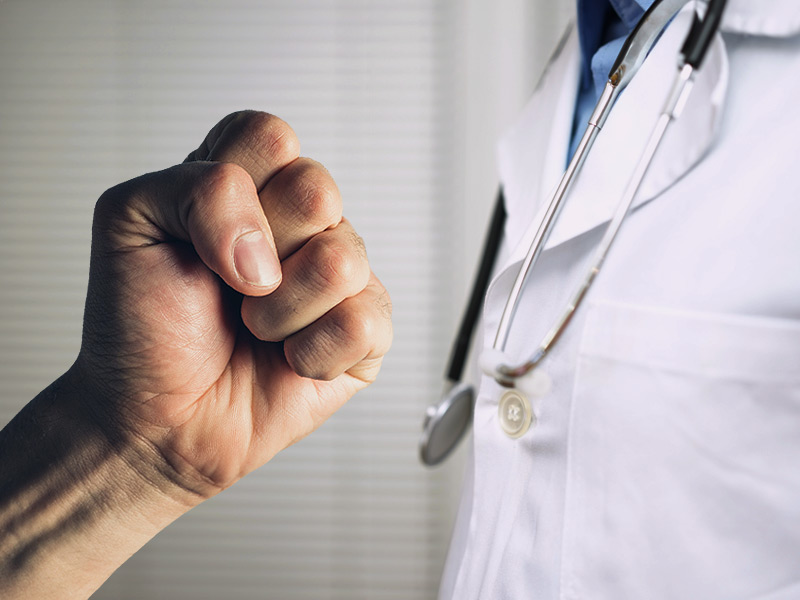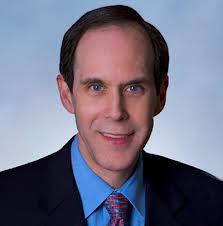
Violence against doctors and healthcare providers in India has been on the rise in recent years. Doctors, nurses and paramedics are today putting their lives at risk in the course of duty because they are susceptible to verbal and physical assault from patients and their relatives.
In India, the violent acts are being propagated by the relatives of patients, visitors, intruders and somehow media which fail to know the root cause. No physician, however conscientious or careful, can tell what day or hour he may not be the object of some undeserved attack, malicious accusation, blackmail or lawsuit for damages.

It is observed that patients lack of understanding of technical matters, unreasonable expectations, high cost of healthcare are the basic issues that required urgent attention. The blaming strategies amongst public, media and medical professionals will not yield any results.
The problem will not solved by legal system. Our country has a very rich heritage of legislation. There are 156 law applicable to hospital in India but that is not the remedy to bridge the trust gap between medical professional and the public.
To focus attention on this growing incidence, it is imperative that medical practitioners, healthcare activists, community leaders in healthcare, police personnel and government officials come together and take a stand to curb this mindless violence against healthcare providers.

The lead in this regard has been taken by the International Institute of Health Management Research (IIHMR) and the Indian Medical Association (IMA). They have undertaken a joint initiative to explore the causes that lead to such violence and come up with policy-level interventions needed to curb such incidentsin hospital and clinics across the country.
There is a need for professional management of the healthcare institutions. The managers need good understanding of behavioural issues, soft skills, appropriate management within the available resources, good doctor-patient communication, transparency, quality of care and all related issues. The managers require formal training/education in this regard. It has been observed that there is a significant difference in institution being managed by qualified management professionals and those managed by clinicians lone.
Doctors need to introspect on their conduct and responsibility. It is important to restore patients trust in this noble professional to avoid such ugly outbursts. To prevent physical harm to hospital property and personnel, sensitive and vulnerable areas within health facilities, for instance the Emergency and ICU, need to be better protected, says Dr Sanjiv Kumar, Director, IIHMR Delhi.
Speaking of the initiative, Prof. AK Agarwal, Dean, IIHMR Delhi, says, In the last 10 years, disgruntlement and intolerance against healthcare providers has been on the rise, but inthe last 2-3 years has been taking the form of viciousness and resulting in verbal abuse and physical assault, often verging on brutality.”
“These are not isolated cases. They are taking place with disturbing regularity at medical facilities across the country. It is an alarming trend that needs to be curbed forthwith. We need to analyse the reasons for the lack of trust between patients and healthcare providers and do something about it urgently, he adds.
Research reveals that attacks on healthcare providers generallypeak during hospital visiting hoursor at the time of emergency medical interventions, or post-surgery.
An article titled Violence against doctors in India published in The Lancet in 2014 quoted lack of coordination at the time of hospital admission, delay in attending the patient, demand of advance payment, withholding a deceased body pending final settlement of hospital bill, and unethical practices by doctors, as foremost reasons provoking violence against healthcare providers.
Be a part of Elets Collaborative Initiatives. Join Us for Upcoming Events and explore business opportunities. Like us on Facebook , connect with us on LinkedIn and follow us on Twitter , Instagram.











